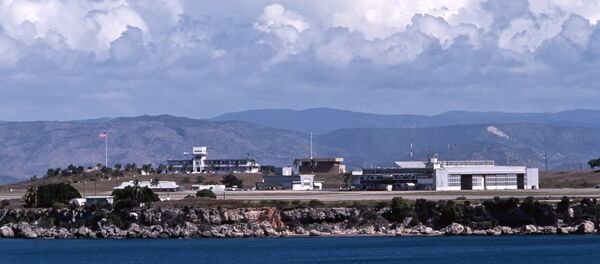TISA is a proposed international trade deal between 24 parties, initiated by the United States and EU member states, to open up trade in services to a greater degree than allowed by the current General Agreement on Trade in Services (GATS). Last week, Uruguay announced that it had abandoned the multilateral negotiations.
According to Couriel, a member of the Broad Front center-left coalition of political parties, "TISA is part of the three treaties that the United States is negotiating against China" in addition to the Trans-Pacific Partnership (TPP) with a number of Asian countries and the Transatlantic Trade and Investment Partnership (TTIP) with the European Union.
"There is an international trend toward free trade, but here there is no free trade, because the United States, the European Union and Japan maintain subsidies for agricultural exports, the United States still maintains quotas, the three continue to support local farmers that affects our exports. There is a free trade discourse, but there is no free trade," Couriel said.
He highlighted the growing importance of services, which is why developed countries are eager to deregulate third states' markets.
Among the disadvantages of TISA, Couriel cited a lack of nuanced and tailored approaches to different countries that would allow some benefits to the least developed economies, and the investor-state dispute settlement mechanism, which allows companies to sue foreign governments should local legislation contravene their interests.
Critics say TISA attempts to eliminate trade barriers in sectors favorable to Washington but not in areas where liberalization does not serve US interests and paves the way for coordinated, supranational labor laws, medical systems, finance and industrial policy that could undermine local governments' authority to protect their citizens.




